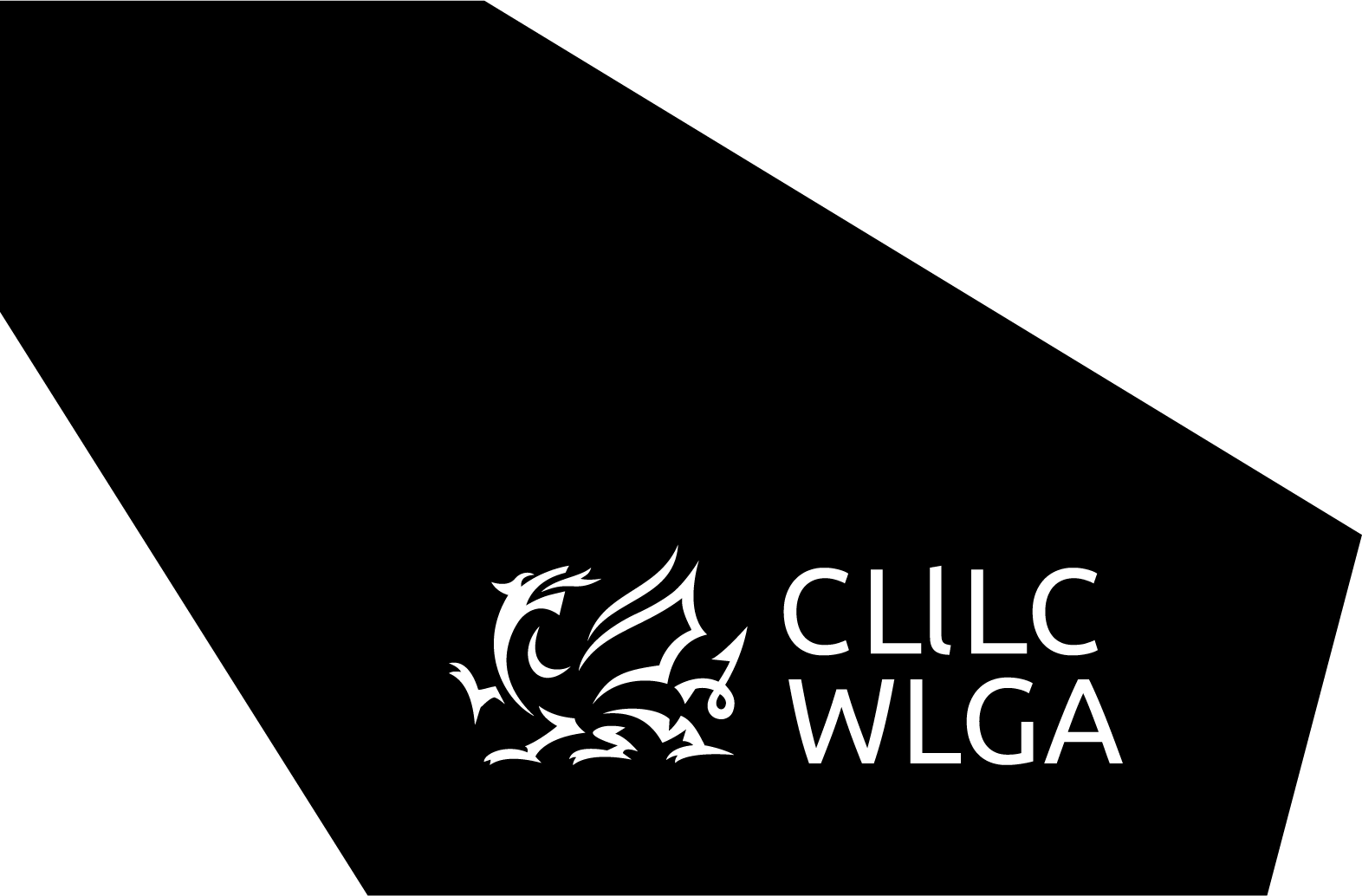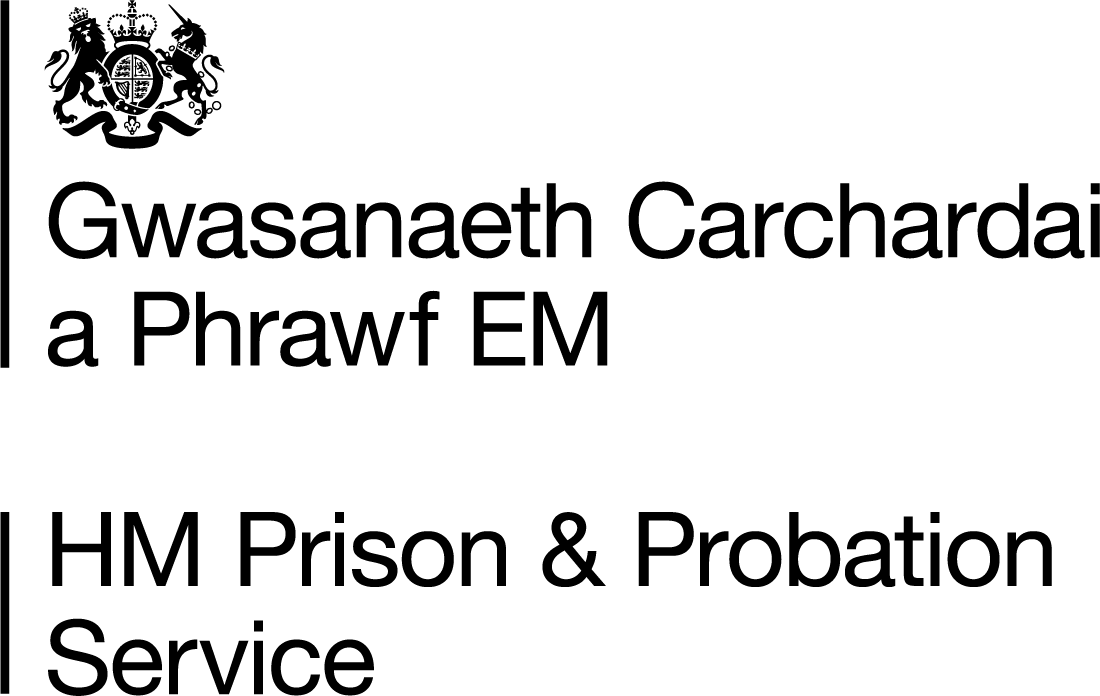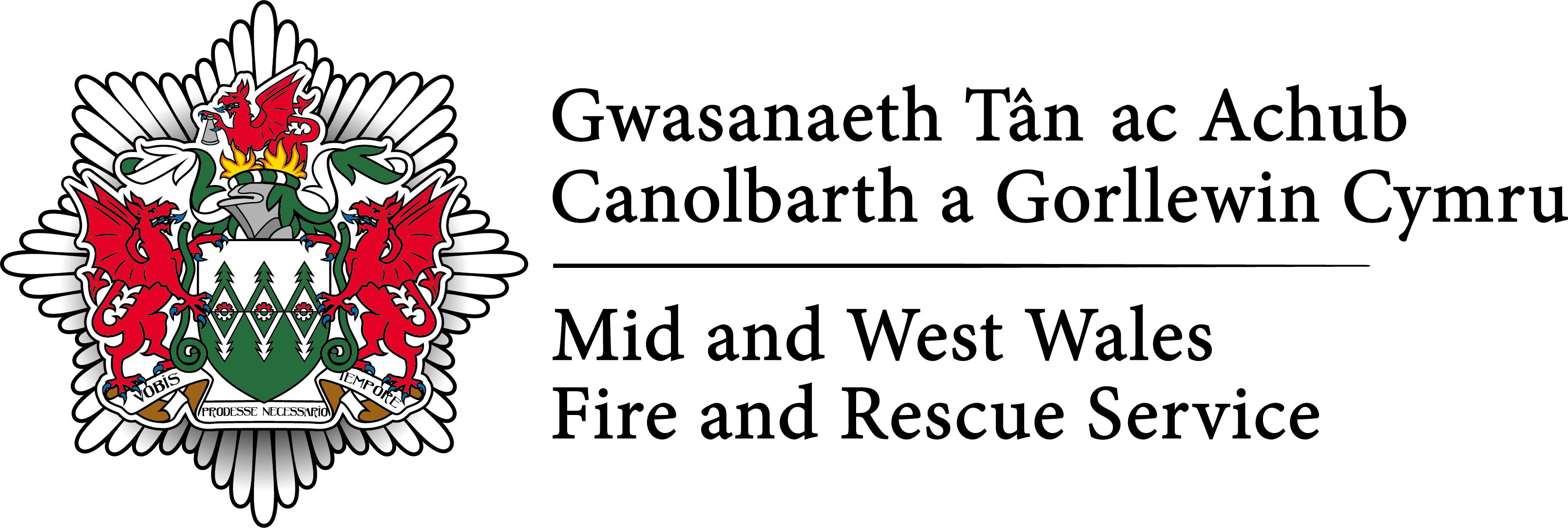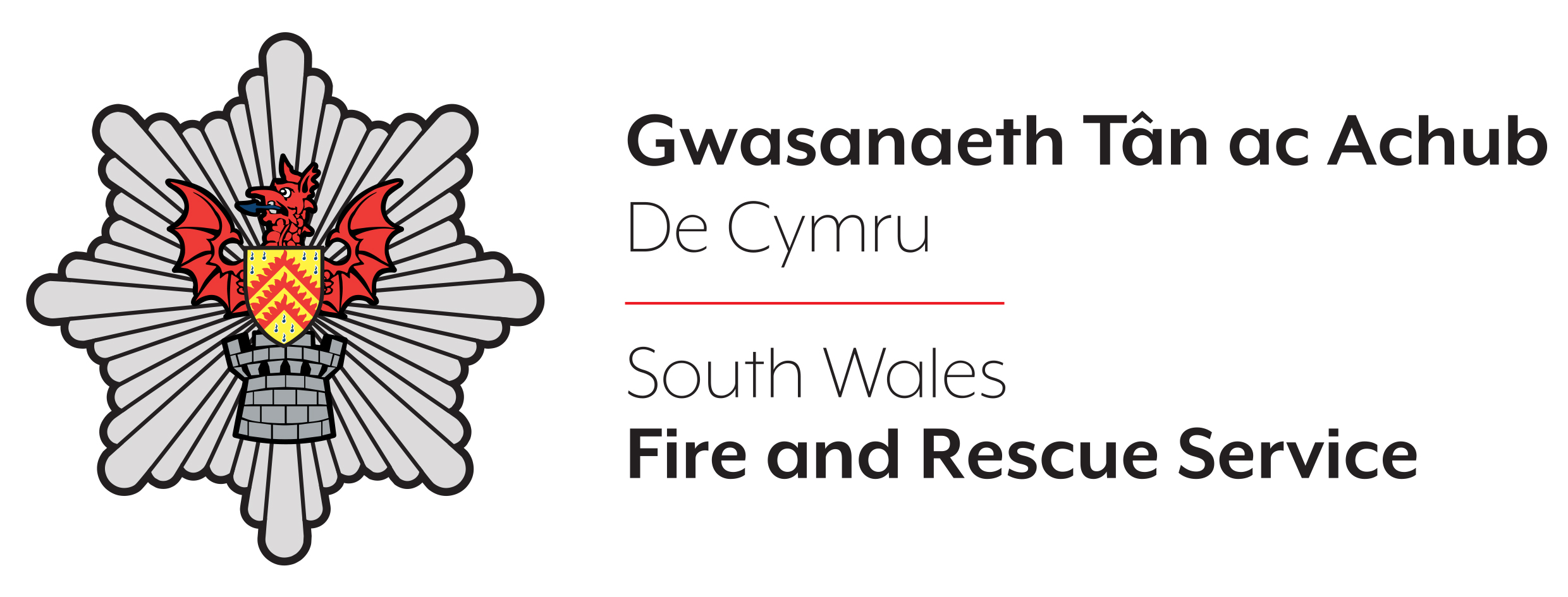- Social Services and Wellbeing (Wales) Act 2014 provides duties and legislative background to the provision of care and support, as well as to responding to safeguarding concerns and the need to report any signs of abuse to safeguarding teams. Part 7 is particularly important as it sets out statutory guidance that must be complied with.
- Wales Safeguarding Procedures provide clarification and are accessible for delivering the safeguarding responsibilities and responding to the guidance.
- Wellbeing of Future Generations (Wales) Act 2015 includes the 7 wellbeing goals for a resilient Wales, a more equal Wales, a Healthier Wales and a Wales of Cohesive Communities. These are to be delivered through the 5 ways of working: collaboration, prevention, involvement, integration and long-term.
Other relevant legislation:
- Human Rights Act 1998
- Violence Against Women, Domestic Abuse and Sexual Violence (Wales) Act 2015
- Serious Crime Act 2015
- Domestic Abuse Act 2021
- Mental Capacity Act 2005 and Mental Capacity (Amendment Act) 2019 (including introduction of Deprivation of Liberty Safeguards (DOLS)
- Data Protection Act 2018
- Protection from Harassment Act 1997
- Fraud Act 2006
- Equality Act 2010













